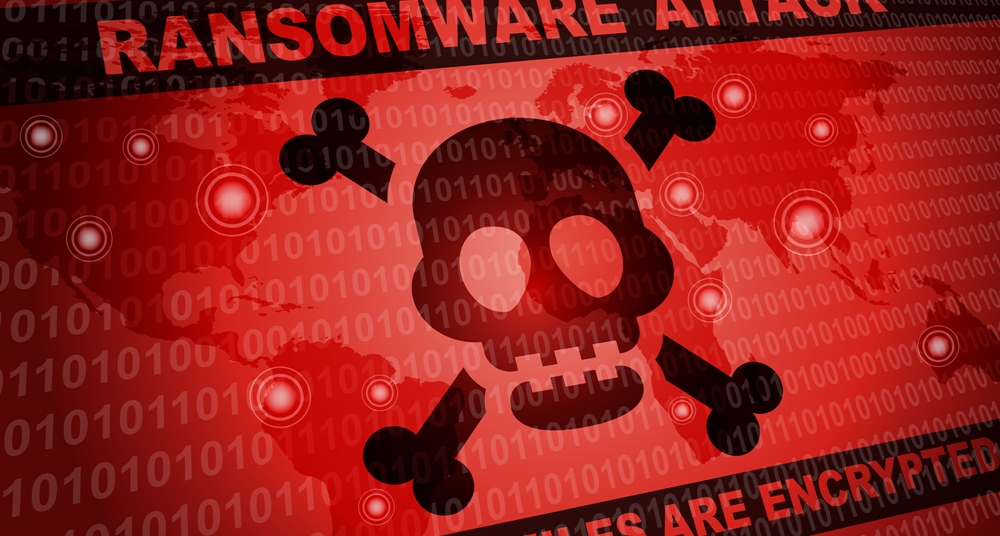
Earlier this week, 60 Minutes ran an expose on the growing number of ransomware attacks, opening the segment with the example of Cleveland's airport which is still recovering from a massive computer attack that took down its flight information, baggage displays, and email.
This sensitive government network is another in a series that have been compromised to extract money from the organization by freezing files until the ransom is paid.
Newark, Atlanta, and Sarasota governments have also been held hostage, as has San Francisco's transit authority, the Colorado Department of Transportation and the Port of San Diego.
These stunning revelations shared by Scott Pelley on 60 Minutes, reaching an audience of millions, was a wake-up call.
Hospitals are also being attacked across the country, which creates life-or-death situations.
The CEO of an impacted hospital, Steve Long discussed the implications with Pelley, "Would it have the ability to jump to a piece of clinical equipment? Could it jump to an IV pump? Could it jump to a ventilator? We needed a little time just to make sure about that."
Long explained that the network attack was based on encryption that locked up networks and systems and the ransomware price was to buy decryption keys to avoid information being permanently deleted. The hospital paid $55,000.
The FBI's Mike Christman, interviewed on the program, said attackers know governments and hospitals are likely to pay because of the mission-critical nature of their services.
Christman said in 2017, 1,700 successful ransomware attacks were reported, but he figures that's less than half. Most businesses, he says, would rather pay than admit they were hacked.
"I'm aware of one ransomware variant that affected all 50 states that had some $30 million in losses, and over $6 million in ransom payments. I would tell you that the losses are very significant, and easily approach a hundred million dollars or more just in the United States."
We asked the CTO of Dispersive Networks what enterprise CSOs should be aware of when it comes to avoiding or eliminating attacks that lead to ransoms being paid, particularly as we look at the probability of 50 billion devices being connected worldwide to the Internet by next year.
"There is no single, magic bullet to prevent ransomware," Conklin said. "A good defense requires multiple facets – some basic, some advanced. First the basic: train employees to recognize phishing/spear-phishing attacks. Ensure that systems are kept up to date including operating systems, anti-virus software, etc. Take regular backups of critical systems."
For mission-critical networks, clouds and applications, Conklin said CSOs should be applying advanced defenses include segmentation of the network and zero trust.
"It's imperative to ensure that one infected system cannot spread the ransomware to other critical systems. Point-of-Sales devices, ticket kiosks, healthcare devices, and other mission-critical devices or services should only be allowed to connect to authorized servers and users, and only authorized servers and users should be allowed to connect to them. Any unauthorized or unauthenticated attempt to discover or access those high-value systems should be denied, and the attempt should be logged with network admin personnel alerted."
Conklin says more intelligent, software-controlled, virtual technology can ensure that mission-critical devices and services are protected against discovery and exploitation by ransomware by ensuring that those devices and services only communicate with known, authenticated, and authorized users and services.
"That combination of micro-segmentation and authenticate and authorize before access significantly mitigates the risk posed by ransomware," Conklin continued. "While there are many layers in the security architecture that need to be tuned to help prevent the breaches that allow ransomware attacks, focusing on the network as the first line of defense makes sense."
Arti Loftus is an experienced Information Technology specialist with a demonstrated history of working in the research, writing, and editing industry with many published articles under her belt.Edited by
Ken Briodagh